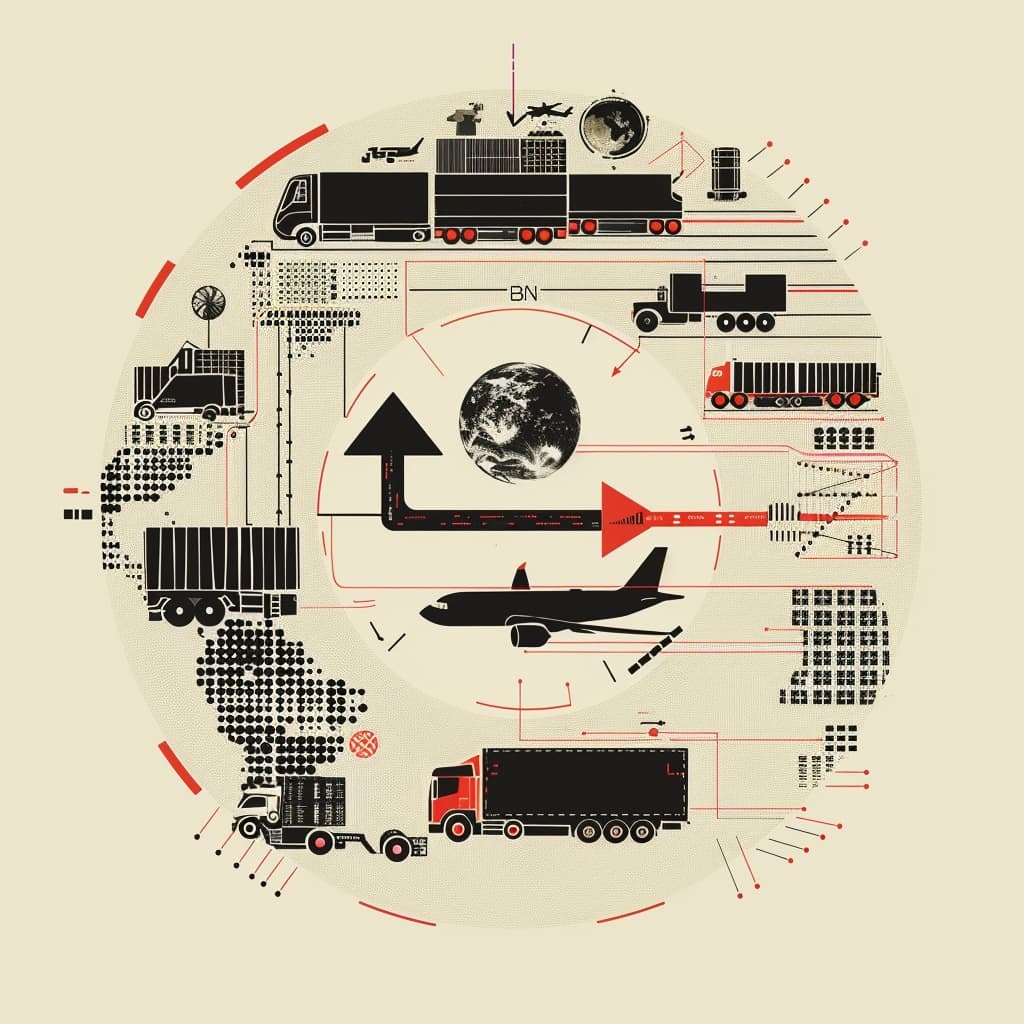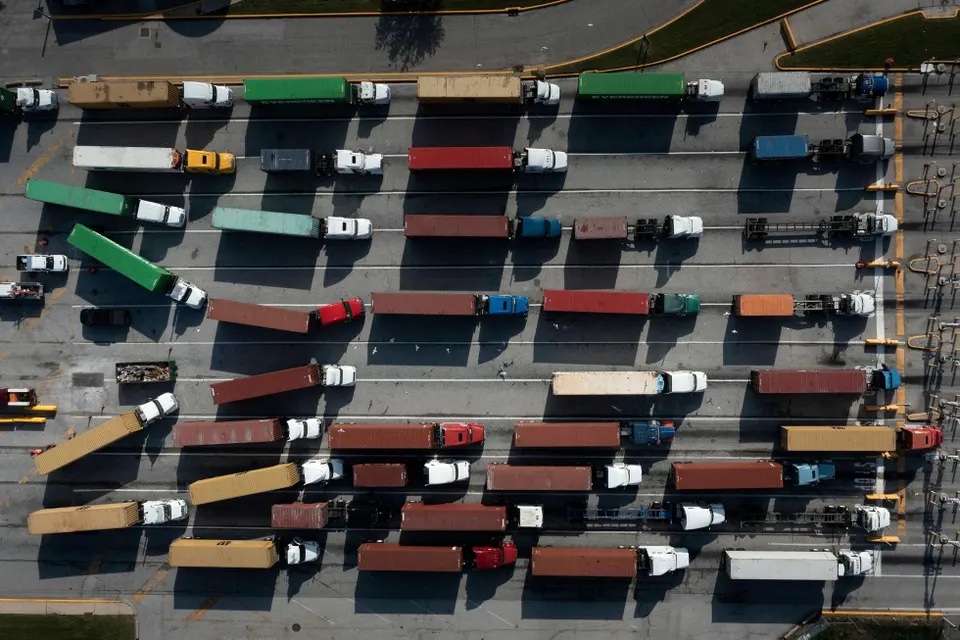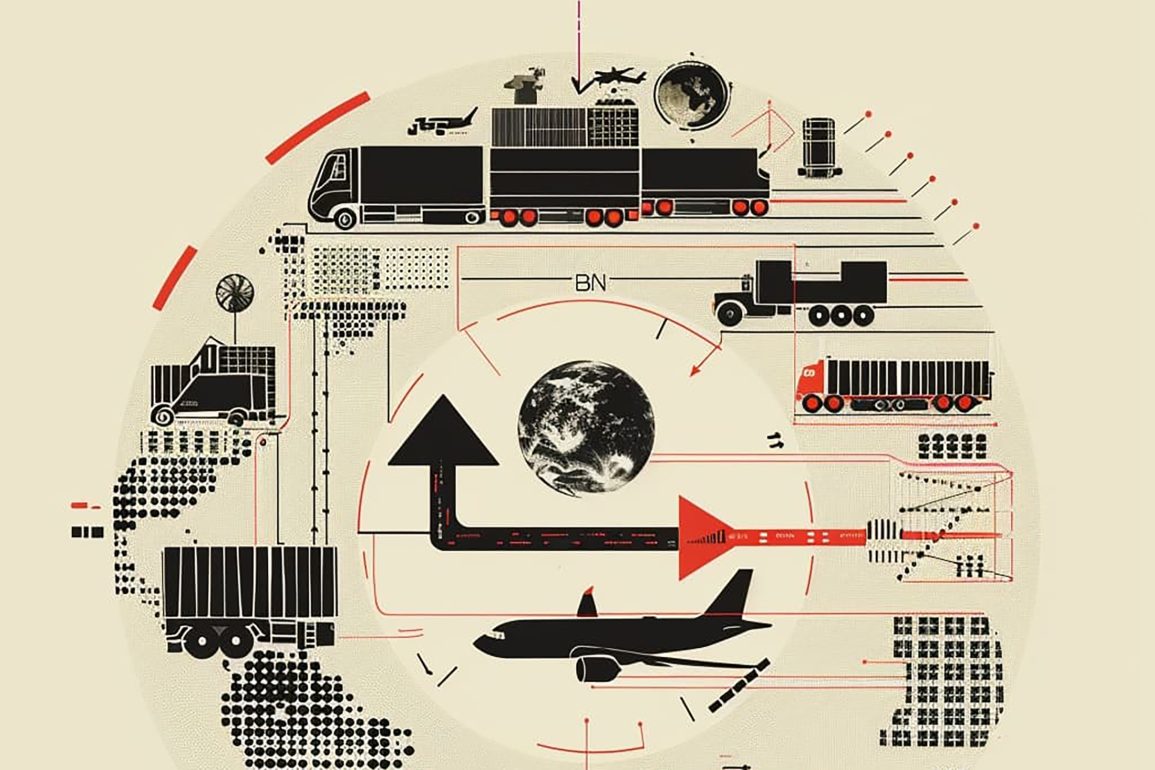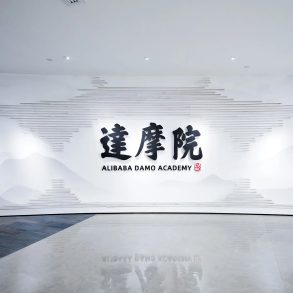The AI-Powered Startup That Addresses Supply Chain Issues Secures $1 Billion Valuation
Altana AI, a New York-based supply chain management startup, has secured a $200 million Series C investment, elevating its valuation to $1 billion. This funding round was spearheaded by the US Innovative Technology Fund, with participation from March Capital, Generation Investment Management, Salesforce Ventures, Friends & Family Capital, and existing investors GV, Activate Capital, Floating Point, and Omers Ventures.

Founded in 2018, Altana has now raised a total of $322 million. The company’s platform provides comprehensive insights and visibility into global value chains, from raw material sourcing to production and sale. This oversight is increasingly critical as governments and organizations implement new trade restrictions, climate policies, and national security measures. Altana’s AI-driven technology analyzes data throughout the supply chain to identify anomalies and risks.
“Great power competition, climate change, and the breakdown of globalization are generational challenges that require a new model for managing global business, including a more assertive role for government,” said co-founder and CEO Evan Smith in a release. “The era of unbridled outsourcing is over. Our platform is uniquely suited to facilitate a new paradigm – organized around trusted global value chains.”

Smith, who describes the corporate supply chain as one of the “dirtiest industries on Earth,” aims to reform it with Altana’s platform. The software helps companies manage supply chains through a geographical map and dashboard that display data about vendors, shipping routes, potential disruptions, factories, and compliance requirements. Altana’s map is built on both public and client-provided nonpublic data, creating a comprehensive network view of the supply chain. This method, known as “federated learning,” ensures proprietary data remains confidential while sharing derived insights.
“There is no Google Maps for the supply chain,” Smith explained. “There needs to be a common operating picture, a shared map” for companies to understand their businesses and the economic and geopolitical trends that shape them.
Altana’s platform also incorporates generative AI, allowing users to query the system in plain English and predict risks and vulnerabilities. For instance, one medical device company used Altana’s insights to make a strategic acquisition of a vendor on which it heavily relied.

Altana’s funding round comes at a time of heightened investment in AI and increasing supply chain complexities due to geopolitical tensions, climate change regulations, and stricter manufacturing standards. “There’s more compliance rules going forward, not less,” said Karim Faris, a partner at GV. “Trade is going to be more complex.” Altana assists companies in identifying locations associated with forced labor, enabling them to eliminate such practices from their supply chains.
Altana’s clients include Maersk, L.L. Bean, and U.S. agencies like the Department of Defense and Customs and Border Patrol. Smith emphasized that while the platform tracks the movement of items, it does not monitor individuals, stating, “Tracking people is a hard line the company would not cross.”









